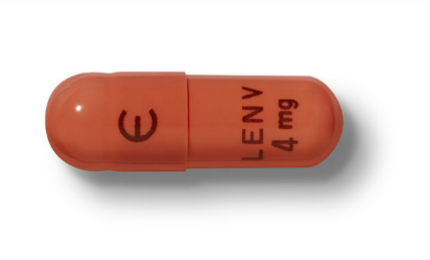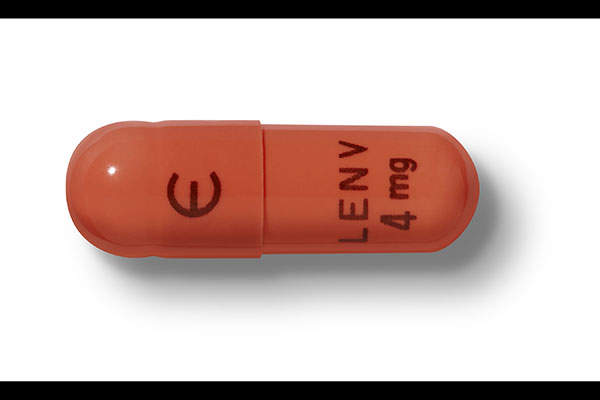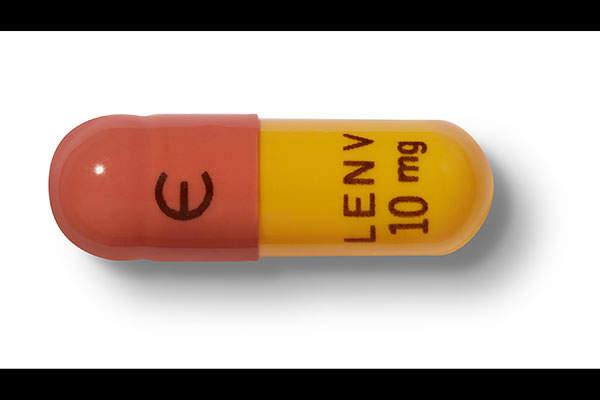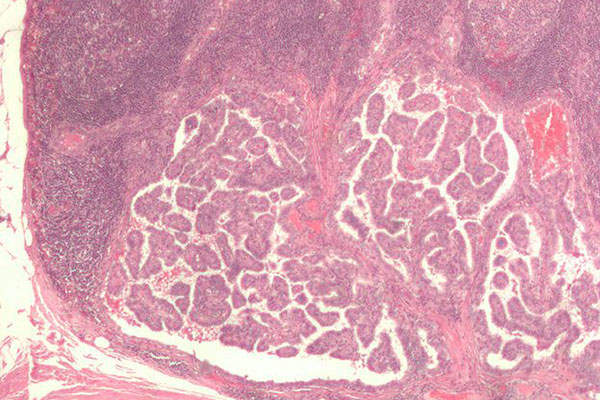
Lenvima™ (lenvatinib mesylate) is a multiple receptor tyrosine kinase (RTK) inhibitor indicated for the treatment of thyroid cancer.
Eisai discovered the drug at its Tsukuba Research Laboratories facility in Japan.
Eisai submitted a new drug application (NDA) for the approval of Lenvima to US Food and Drug Administration (FDA) in August 2014.
The FDA granted priority review designation for the drug in October 2014. Lenvima was also granted orphan drug designation (ODD) for the treatment of multiple types of thyroid cancer in the US, Japan and Europe.
Eisai obtained marketing approval for Lenvima from the FDA for the treatment of locally recurrent or metastatic, progressive, radioactive iodine-refractory differentiated thyroid cancer (RAI-R DTC) in February 2015.
Lenvima is currently under review for the treatment of thyroid cancer by regulatory authorities located across Japan and the EU, Switzerland, South Korea, Canada, Singapore, Russia, Australia and Brazil.
Thyroid cancer
Afinitor is also used to treat pancreatic neuroendocrine tumours, gastric cancer and breast cancer.
Thyroid cancer occurs when abnormal cells begin to grow in the tissues of the thyroid gland located at the base of the throat near the trachea. The most common symptom of the disease is a nodule in the thyroid region of the neck. The disease is more common in women.
It is estimated that approximately 52,000 patients were newly diagnosed with thyroid cancer across the US in 2012.
Lenvima’s mechanism of action
Lenvima contains a multiple receptor tyrosine kinase (RTK) inhibitor that restrains kinase activities of vascular endothelial growth factor (VEGF) receptors. It also simultaneously restrains other receptors involved in the tumour angiogenesis and proliferation of thyroid cancer including fibroblast growth factor (FGF), the platelet derived growth factor receptor alpha (PDGFRα), KIT, and RET.
The drug is available in capsules of 4mg and 10mg doses for oral administration.
Clinical trials on Lenvima
FDA approval for Lenvima™ was based on results obtained from a Phase III clinical study known as Study of E7080 LEnvatinib in Differentiated Cancer of the Thyroid (SELECT).
The multicenter, randomised, double-blind, placebo-controlled study enrolled 392 thyroid cancer patients in more than 100 sites in Europe, North America, South America and Asia.
Patients in the study were randomised in a 2:1 ratio to either Lenvima 24mg once daily or placebo. The progression-free survival (PFS) of the patients was compared with radioactive iodine-refractory differentiated thyroid cancer and radiographic evidence of disease progression within the prior 13 months.
Primary endpoint of the study was PFS, which was assessed by an independent radiologic review. Secondary endpoints included response rate, overall survival (OS), and safety.
Results of the study demonstrated that RAI-R DTC patients treated with Lenvima showed statistically significant improvement in PFS when compared to those treated with placebo.
The median PFS in patients treated with Lenvima was 18.3 months, whereas it was 3.6 months in placebo-administered patients. Overall response rate of patients treated with Lenvima was more than 65%, compared to 2% in the placebo arm.
The most common adverse reactions observed in patients treated with Lenvima during the clinical study were hypertension, fatigue, diarrhoea, arthralgia / myalgia, and decreased appetite.
Adverse reactions also included weight reduction, nausea, stomatitis, headache, vomiting, proteinuria, palmar-plantar erythrodysesthesia syndrome, abdominal pain, and dysphonia.
Marketing commentary
Lenvima was developed by Eisai in collaboration with SFJ Pharmaceuticals Group. The latter provided clinical development supervision and assistance in obtaining regulatory approval.
Other medications available for the treatment of thyroid cancer include Zactima developed by AstraZeneca, and Zybrestat manufactured and marketed by Oxigene.





